Agent-Based Modeling Track
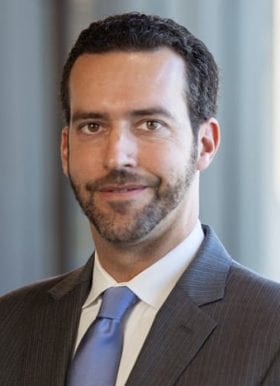
Ross Hammond, PhD
Betty Bofinger Brown Associate Professor, Brown School, Washington University in St. Louis
With over 20 years of experience in complex systems science modeling methodologies, Ross Hammond brings his expertise in these approaches to problems in social science, public policy and public health. Hammond’s research applies complex systems tools to generate new insights into the social dynamics that drive many difficult policy problems, as well as to identify potential leverage points or windows for intervention. He is a senior fellow in economic studies at the Brookings Institution, where he is director of the Center on Social Dynamics and Policy. He also holds academic appointments at Harvard School of Public Health and the Santa Fe Institute.
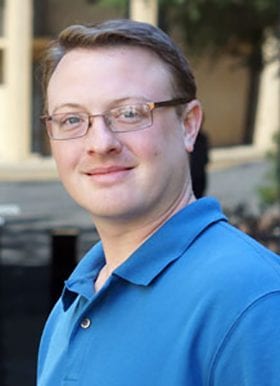
Matt Kasman, PhD
Assistant Research Director, Brookings Institution Center on Social Dynamics and Policy
Matt Kasman is the Assistant Research Director at the Brookings Institution Center on Social Dynamics and Policy. He received his undergraduate degree in Computer Science from Boston University and, after working for software startups that were sold to Microsoft, Google, and Blackbaud, obtained a Masters in Politics and Education from Columbia University. He received his doctorate in Educational Policy at Stanford University in 2014. His dissertation explores how policy interacts with geography and decision-making to generate patterns in student enrollment over time in a large urban school district. Through both his doctoral research and work at Brookings he has gained extensive experience in applying complex systems approaches to educational policy analysis, public health topics, and biological systems. His current research interests include childhood obesity prevention efforts, food systems, literacy development, social diffusion, school choice, affirmative action in higher education, teacher labor markets, educational equity, tobacco regulatory policy, and adaptive decision-making.
Group Model Building Track

Ellis Ballard, MSW, MPH
Director, Social System Design Lab, Brown School, Washington University in St. Louis
Ellis Ballard is the Director at the Social System Design Lab and an Assistant Professor of Practice at Washington University in St. Louis. His research and practice focus on applying community based system dynamics and group model building approaches to problems of health equity and human rights in low- and middle-income countries as well as at home in St. Louis.
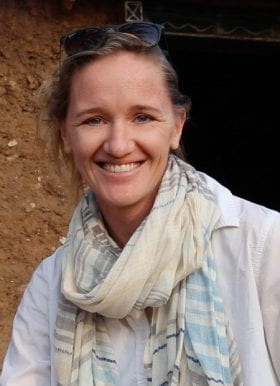
Kelsey Werner, MSW
Systems Scientist
Kelsey’s research and practice focuses on using community based system dynamics, a participatory approach for engaging communities in understanding and changing systems to solve complex social problems. She is interested in developing community capabilities to use system dynamics models and tailoring methods for different community contexts. She has worked with diverse communities in sub-Saharan Africa, Southeast Asia, and throughout the US on issues ranging from public health and environmental sustainability to intervention implementation and program design.
Social Network Analysis Track

Douglas Luke, PhD
Professor and Director, Center for Public Health Systems Science, Irving Louis Horowitz Professor in Social Policy, Brown School, Washington University in St. Louis
Douglas Luke is a leading researcher in the areas of public health policy, systems science, and implementation science. Luke directs work focused primarily on the evaluation, dissemination and implementation of evidence-based public health policies. Over the past decade, Luke has used systems science methods, especially social network analysis and agent-based modeling, to address important public health problems. He published the first review papers on network analysis in public health in 2007, and on systems science methods in public health in 2012. He has written books on multilevel modeling and network analysis. Under Luke’s leadership, the Center for Public Health Systems Science has used network analysis to study diffusion of scientific innovations, to model the formation of organizational collaborations, and to study the relationship of mentoring to future scientific collaboration.
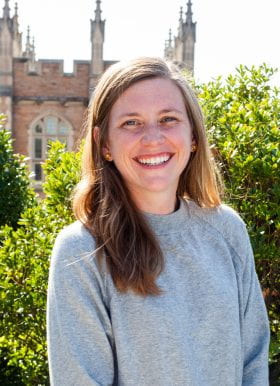
Sara Malone, PhD
Instructor, Division of Public Health Sciences, Washington University in St. Louis School of Medicine
Sara Malone researches methods to improve the quality of interdisciplinary care provided to children when they are admitted to the hospital, particularly in acute and emergent settings. Dr. Malone applies expertise in implementation science and systems science to study how teams can best implement and sustain evidence-based programs and practices in these settings. She currently uses network methods to assess the communication networks of healthcare professionals in a variety of hospital settings.
System Dynamics Track
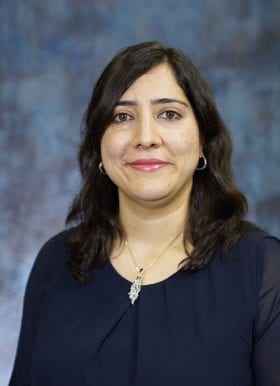
Nasim Sabounchi, PhD
Research Associate Professor, City University of New York (CUNY) Graduate School of Public Health and Health Policy
Nasim Sabounchi is a Research Associate Professor at the City University of New York (CUNY) Graduate School of Public Health and Health Policy where she is also affiliated with the Center for Systems and Community Design (CSCD). She is an industrial and systems engineer, a systems scientist in the field of public health and healthcare, and a recipient of the Systems Science Scholarship, Academy of Health–Robert Wood Johnson Foundation. Her research interest involves adopting tools including systems science methodologies, systems engineering, and data analytics to model complex systems and problems pertaining to health outcomes at both the individual and population levels. Nasim contributes to the advancement of system dynamics modeling and computer simulation for studying complex health and social systems and leads various projects in the domain of public health and health policy analysis including chronic disease, opioid epidemic, infectious diseases modeling, enhancing access to care for socio-economically disadvantaged populations, antibiotic stewardship, and Lyme Disease.
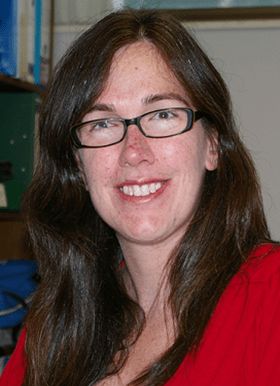
Kristen Hassmiller Lich, PhD
Associate Professor of Health Policy and Management in the Gillings School of Global Public Health at the University of North Carolina at Chapel Hill
Kristen Hassmiller Lich is Associate Professor of Health Policy and Management in the Gillings School of Global Public Health at the University of North Carolina at Chapel Hill. She specializes in the application of qualitative system mapping, operations research, and complex systems simulation modeling (including System Dynamics) to inform and improve the population-level impact of health care delivery, policy, and efforts of cross-sector collaborations seeking to improve health. Her research passion is to advance the way we use system maps, models (both qualitative and quantitative) and local data with stakeholders to improve understanding of complex systems and to inform policy and practice. She has been invited to introduce and train on the use of systems science methods in a variety of settings, including the Centers for Disease Control and Prevention (CDC), the World Health Organization, the National Institutes of Health (NIH), and the Veterans Health Administration. She has served on two federally funded workforce development centers, developing systems science capacity among Maternal and Child Health (Title V) and Family Planning (Title X) workforce. She has taught these methods at UNC, the University of Michigan, and at the NIH-sponsored Institute for Systems Science and Health. With colleagues she recently published the first primer on Complex Systems and Population Health (2020, Oxford University Press).
Introduction to Systems Track
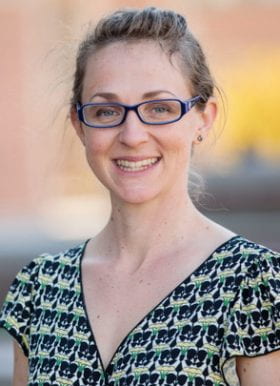
Virginia McKay, PhD, MA
Assistant Professor, Brown School, Washington University in St. Louis
Virginia McKay is an Assistant Professor in the Brown School at Washington University in St. Louis. With a PhD in public health, her research focuses on the implementation of evidence-based interventions to prevent and treat infectious diseases. She is interested particularly in the sustainability of evidence-based interventions and the discontinuation of interventions that are not effective. For more complex implementation research questions, her research explores the application of systems science principles and methods.
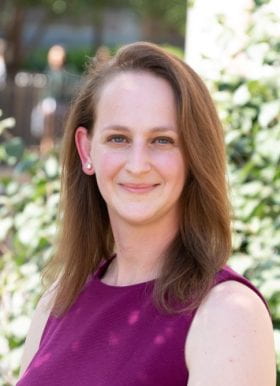
Alexandra B. Morshed, PhD, MS
Assistant Professor at the Department of Social, Behavioral, and Health Education Sciences at the Rollins School of Public Health at Emory University
Alexandra Morshed is assistant professor at the Department of Social, Behavioral, and Health Education Sciences at the Rollins School of Public Health at Emory University. She conducts research at intersection of chronic disease prevention, evidence translation, and systems science. She is an implementation scientist with more than 10 years of experience in weight-related chronic disease prevention, primarily focused on implementing interventions with populations experiencing health disparities, policy adoption, and capacity building and knowledge expansion in implementation science.